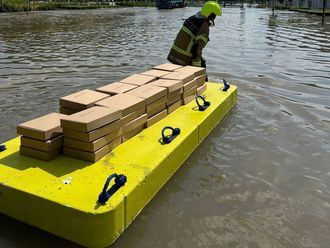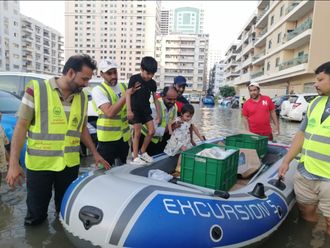Dubai: Traditional media is not in danger since it is the source of real, research-based and credible news, said Samia Nakhoul, Middle East Bureau Chief at Reuters.
“There are no rules of law or terms and conditions in social media and there has to be a sense of self-censorship before I decide to report or publish anything because I will be held responsible,” Samia added.
Moataz Al Demardash, TV presenter and host in Egypt, added that he has little to no trust in information published on social media since he has been a victim of fake accounts made in his name. Fraudulent Facebook pages or Twitter accounts in his name shared opinions on his behalf without his knowledge.
“I use social media for feedback from viewers, for my personal use and entertainment but never as a source for news or information,” Demardash said. “I worked in Reuters and learnt the British standards of attaining credible information and the basics of professionalism and credible sources.”
Dr Badria Al Beshr, TV presenter and host at MBC, shared Demardash’s views, explaining that much of the activity on social media is far from being news.
“What happens on social media is, in most cases, very similar to gossip and not just news,” she said. “Exposing others and broadcasting their personal lives on social media platforms is not news.”
Samia clarified that there are ethics when reporting on crises and filming injured citizens as a result of natural disasters or crises. There is a more human aspect to it and insensitivity should be avoided in these situations since it goes against ethics.
Maria Botros is a trainee at Gulf News












